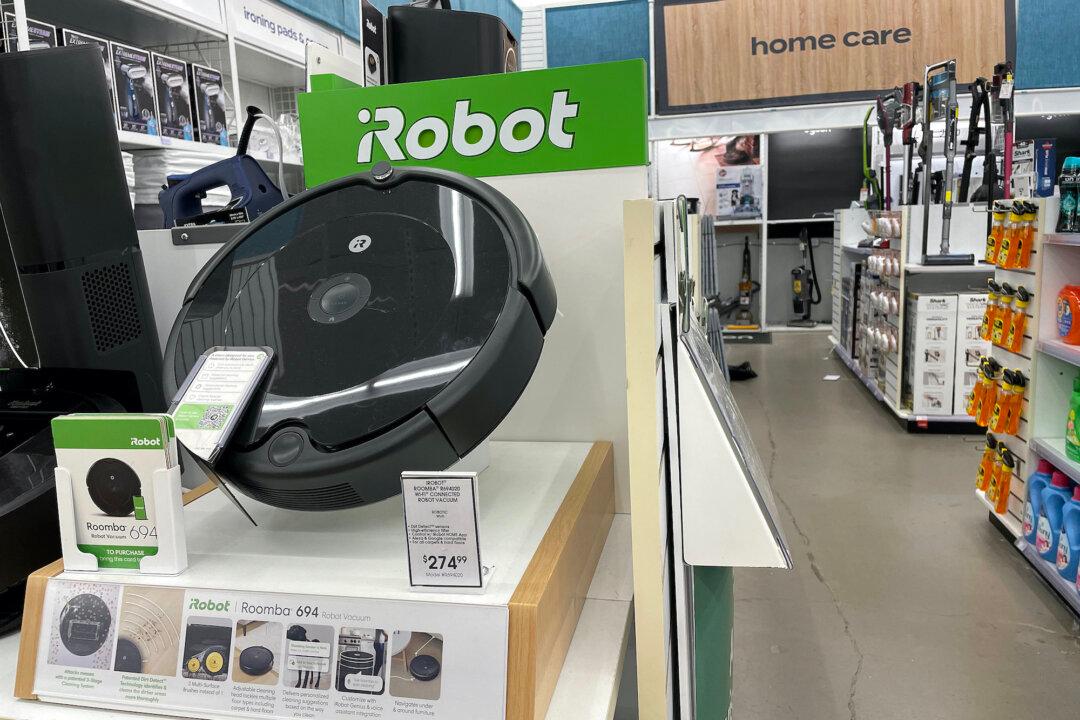Amazon has entered into a definitive merger to acquire iRobot, the creator of Roomba robot vacuums, in an all-cash transaction valued at $1.7 billion, the companies announced Friday.
“We know that saving time matters, and chores take precious time that can be better spent doing something that customers love,” said Dave Limp, SVP of Amazon Devices, in a statement.





